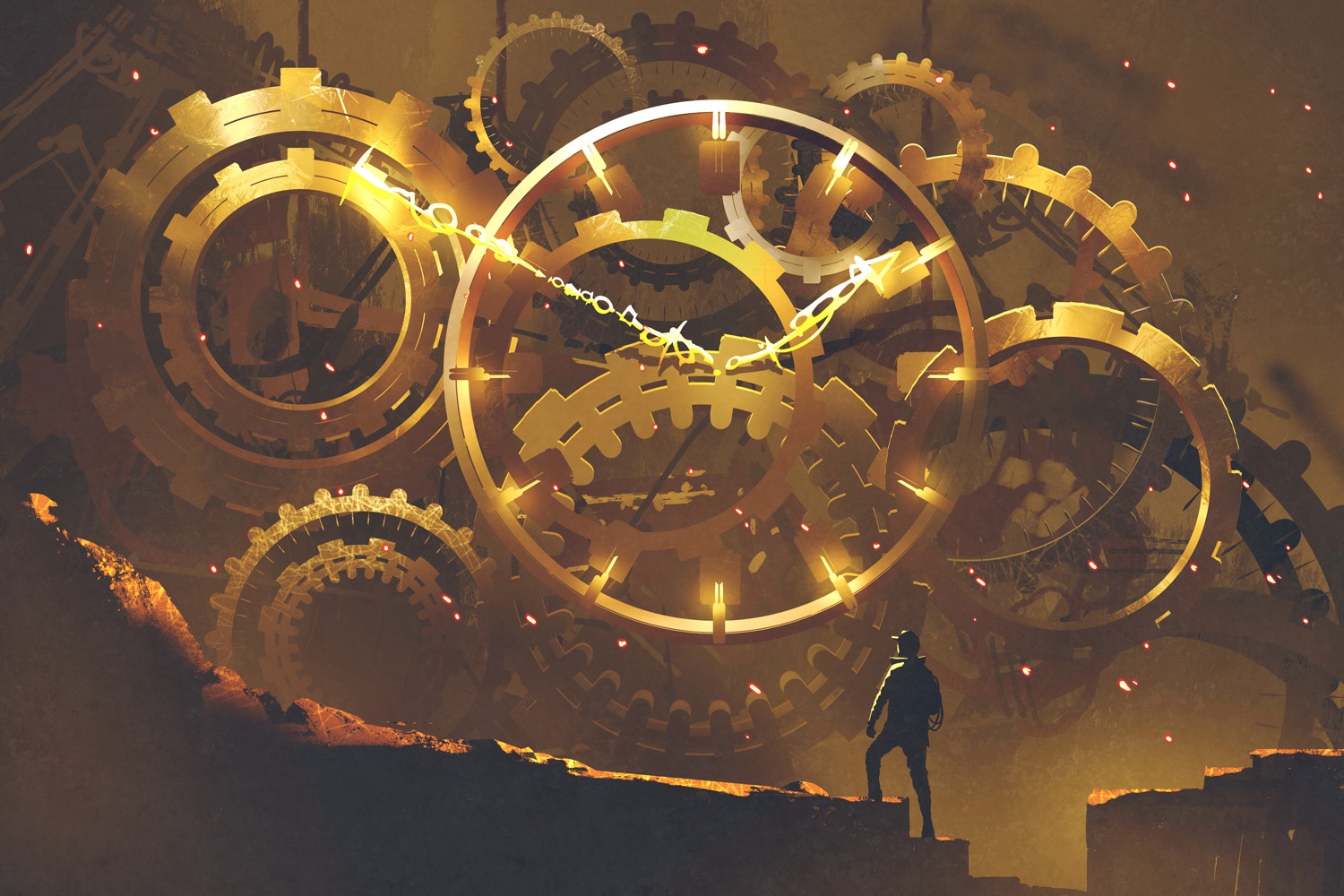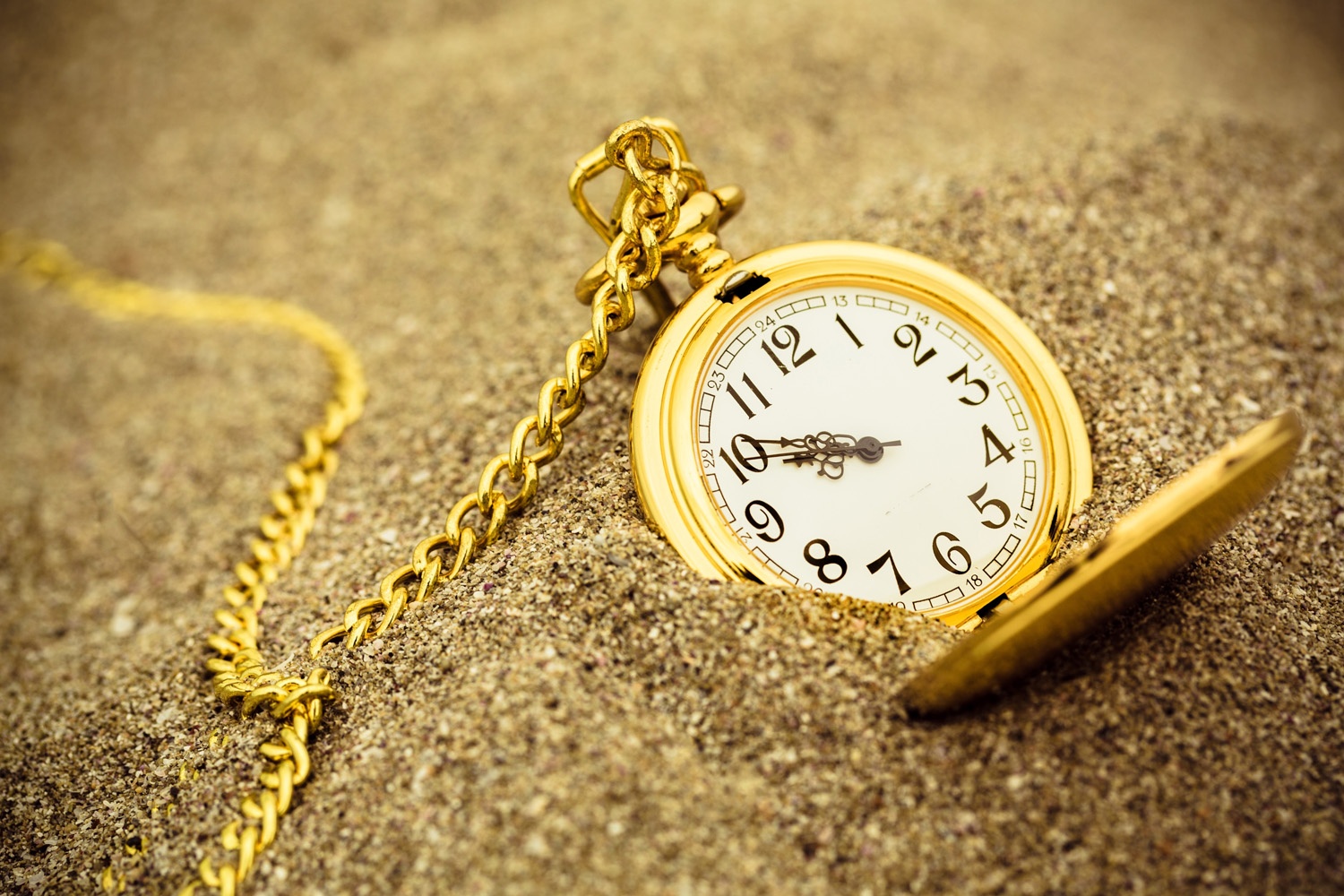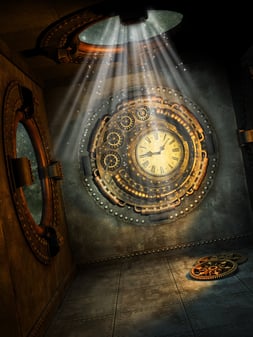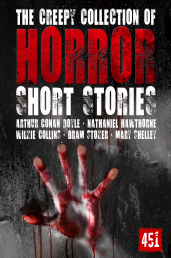This final instalment in our current Author Q&A series offers a selection of further responses from the Time Travel anthology authors (see their Part 1 answers here). Just as time travel takes many diverse forms in fiction, so too do the answers below, as they tell us their preferred time travelling tales and we find out the various ways that they approach the task of writing. With these authors at the helm, the anthology looks set to be an exciting voyage of the science fiction kind, encompassing modern takes on the genre alongside the political reflection and atmospheric eras afforded by classic time travel narratives by the likes of H.G. Wells, Edward Bellamy, Mark Twain, Edward Page Mitchell and other greats.

What are your favourite stories from this genre?
Kate Heartfield
I adore all of Connie Willis’s novels and stories about time travel. James Gleick’s recent non-fiction book, Time Travel: A History, is a great read for anyone interested in the genre. The first time-travel book I remember reading was Playing Beatie Bow by Ruth Park, which takes a sort of portal-fantasy approach to journeying to the past. It’s still one of my favourite books.
K. L. Evangelista
Around the time my feminist heart was being outraged by US politics, a friend insisted I watch the 2013 time travel dramedy About Time. I loved it. It is a heartwarming tale featuring inherited time travel powers, and so refreshingly different from the usual type of time travel movie. In 'Try, Try Again', I used the same kind of concept, and kept a similar focus on character and relationships rather than intricate plotting. Also, I give the whole family time travel powers rather than just the men. Because, feminist heart. I do love time travel thrillers with convoluted plots and paradoxes; my favourite is 12 Monkeys (naturally); another recent fave is Looper. I also adore time loop stories, like Groundhog Day and Edge of Tomorrow. As for the written word, Connie Willis writes a fantastic time travel yarn, with very well researched historical details, and wonderful characters. My personal favourite is the light hearted and charming To Say Nothing of The Dog.
Dominick Cancilla
There is an enormous range of time-travel fiction. I personally like the stories that try to do something novel with the genre while treating the concept with respect. Two of my favorites are Lightning by Dean R. Koontz and The Guns of the South by Harry Turtledove.
Kate Estabrooks
I am first and foremost a trekkie. Star Trek: First Contact is my favourite of the Star Trek movies old or new. I also have a soft spot for time-loop stories. The Stargate SG-1 episode 'Window of Opportunity' is one I’ve seen multiple times and will probably see again. Books about moving through time that have stuck with me since childhood are Jane Yolen’s The Devil’s Arithmetic and A Handful of Time by Kit Pearson.
Chris Reynolds
One of my favourite things about the genre is the science part of time travel. While there’s no sound theoretical basis for time travel, the sheer range of possible methods is incredible. One of my favourite is Michael J Sullivan’s Hollow World, where it was a 'simple' matter of conflating time and space. If you artificially increase space, you can have a corresponding effect on time and catapult yourself into the future.
Samantha Murray
Growing up, many books that I loved featured time travel – Playing Beatie Bow by Ruth Park, and Madeleine L’Engle’s A Swiftly Tilting Planet are two that come immediately to mind.
Can you tell us a little about your writing process?
Brian Trent
Once I’ve done some preliminary research, I dive straight into my stories and write in whatever sequence or order occurs to me. It's only later that I start rearranging the pieces like a puzzle, grafting them into a single narrative. 'Omnipunks' was a particular joy to write because its very nature is an interlacing of episodic adventures, with the obelisk as the nexus. I hope readers enjoy it!
Beth Goder
Usually, I'll come up with an idea – a sentence, a fragment of a thought, a character – and build out the story from there. I make outlines, but rarely follow them completely. I have specific stages for drafts, which go from chaotic notes to a rough first draft to something that I can give to my critique group. The only constant is that I always need more writing time. (If only time travel really did exist.)
Larry Hodges
I do almost all my writing on my desktop in my office. I always start with a general outline and an ending, and work from there. For longer works, I try to set up a schedule, and try to get in at least 2000 words a day – more if I’m inspired. For short stories, I tend to write when I’m inspired, which – fortunately – is often!!! There are just so many stories running through my mind that my head would explode if I didn’t write them. Many a time I’ve jumped out of bed at 1AM to write a story, finishing as the sun came up.
Tony Genova
I write early in the morning before the kids get up or late at night after they go to bed, trying to hit at least 500 words in a sitting. Once I get to 500, I often have momentum for more and keep going until time or energy runs out. Usually my first draft is plot-oriented, then I make a few more passes to refine the setting, character and overall texture.
Nino Cipri
My process tends to change for each project I'm working on. So I guess it's not much of a process? I've recently converted to the benefits of writing long-hand, which helps me concentrate and avoid distractions. Boredom is also a necessary component of my creative process: there's nothing like meaningless physical tasks or long bus trips to help me come up with story ideas.
Bo Balder
I write every morning after my first cup of coffee, as I am then at my brightest, creation-wise. Editing uses another part of the brain and that's alive later in the day. I start with an image, or an opening sentence, not much more. I write a very rough first draft, not even spellchecking or rereading my last sentence, to give my subconscious free rein and not let my inner editor come to play. Partway into that first draft I sketch out a rough structure and work out details that I now know I need. When I've finished I let the story ripen in a drawer, not thinking about it for weeks, and after that I edit and let other people read it.

This completes our current series of Author Q&A blogs - we hope you've enjoyed hearing about the authors as much as we have! You can buy the Time Travel anthology through our website here, or see the links below to purchase other titles in our Gothic Fantasy series.
Links
- Missed part 1 of the Time Travel author Q&A blog? Have a read about their story inspirations here.
- If you're curious about our other anthologies too, use the following links to find responses to these questions by the authors for Supernatural Horror, Lost Worlds, and Heroic Fantasy respectively.
- Browse the whole anthology collection here; or follow these links to the individual pages for the recent additions: Supernatural Horror, Lost Worlds, and Heroic Fantasy.
Images courtesy of Shutterstock.com





